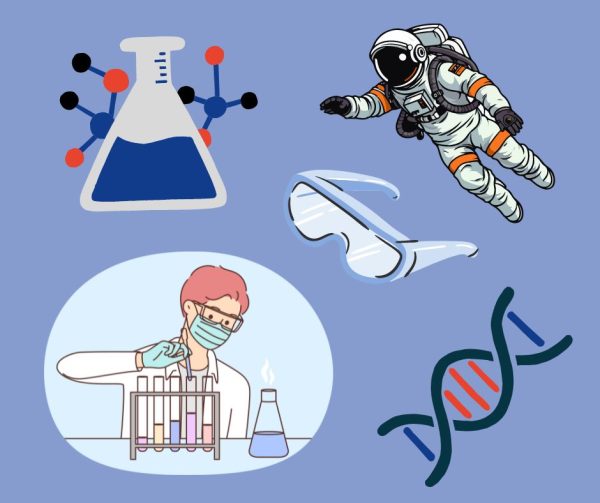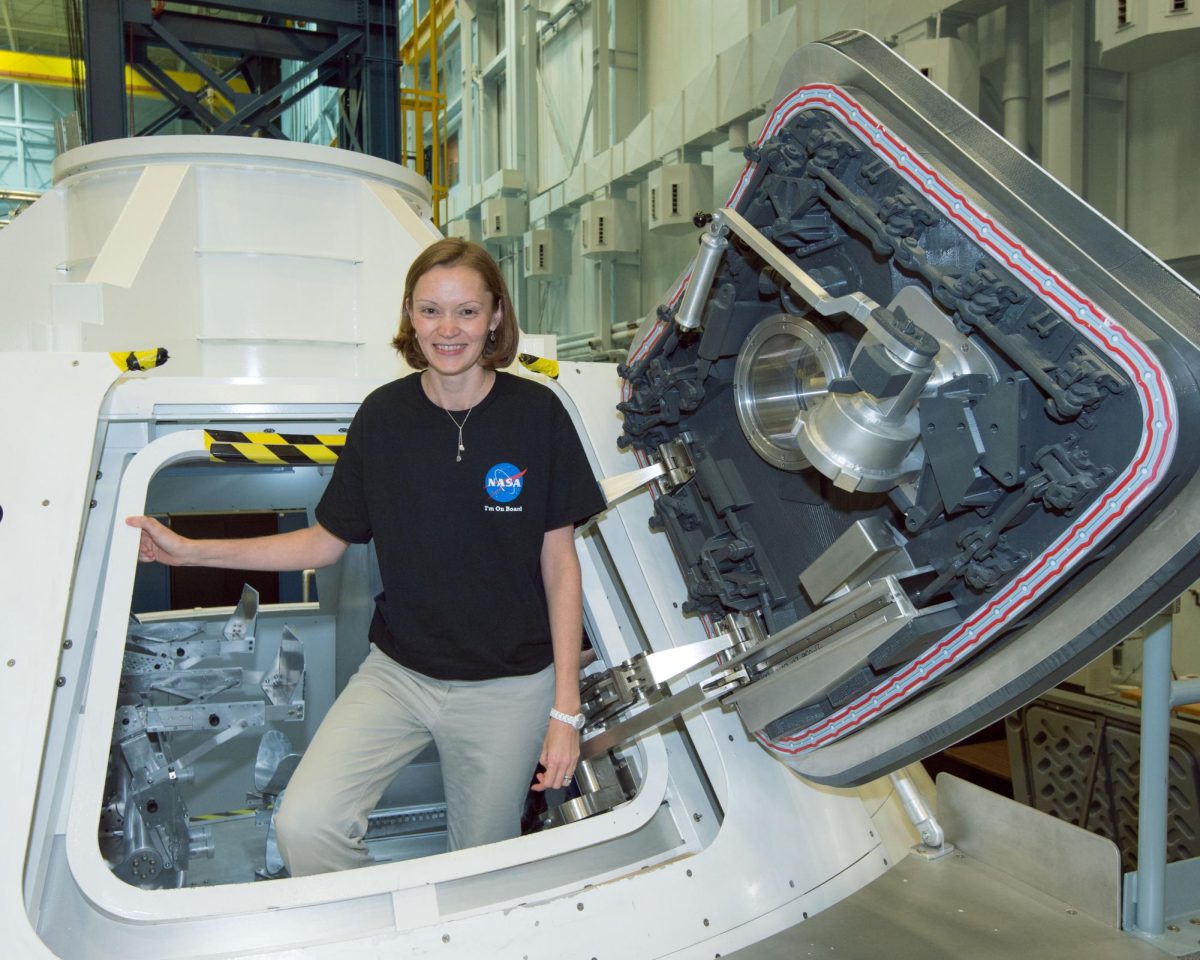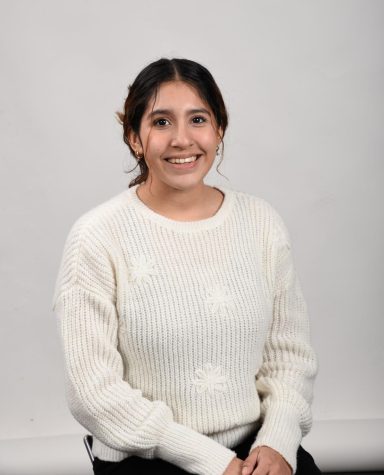Sara Zwart, senior scientist and deputy manager for nutritional biochemistry at the NASA Johnson Space Center, held a virtual Zoom presentation titled “Nutritional Biochemistry of Spaceflight” Monday in the Health Professions Center. The event was open to the public as the final event for Solarpalooza.
Zwart received a bachelor of science in biology from the University of Notre Dame and a Ph.D. in nutritional sciences from the University of Florida.
“I finished a post-doctoral fellowship through the National Research Council in the Nutritional Biochemistry Laboratory at the NASA Johnson Space Center,” Zwart said. “After about a year in that position, I was hired to work in the lab and have been with the lab for a little over 20 years now.”
Zwart said when she studied biology and learned about vitamins as cofactors and their work in biological processes, she became interested in biochemistry. She said she knew nutrition was something she wanted to pursue in her career when she worked as a campus counselor one summer for Camp Riley near Indianapolis, Indiana.
“One week, there was a group of campers with neural tube defects, which is a condition that occurs when the neural tube doesn’t close properly during fetal development,” Zwart said. “When I learned more about this condition and how the risk can be decreased with a single B vitamin – folate, that is when I knew I wanted to study more about nutrition.”
Zwart said she has been interested in the space program since grade school.
“I remember giving a ‘Hero’ speech in 7th grade, and I dressed up as Christa McAuliffe, the first teacher in space,” Zwart said.
She said she used to be under the impression that only engineers could work at NASA, but there are many disciplines in the life sciences at NASA.
“The summer before I started graduate school to study nutrition, I learned that NASA had a Nutritional Biochemistry Laboratory, and I knew that is exactly where I wanted to be,” Zwart said.
Zwart said her path in graduate school was not the precise path she anticipated when she started.
“Even though some of the bumps in the road seemed big at the time and seemed like they were trying to push me off course, they only helped me in the long run,” Zwart said. “I learned to be flexible and open to new possibilities. I learned that a closed door in one area means another one can open.”
Zwart’s typical day involves data analysis, manuscript or proposal writing, corresponding with colleagues, helping to manage lab activities, providing internal reports for NASA, preparing for internal and external reviews, preparing for presentations, attending meetings and helping with methods development or troubleshooting in the lab.

“Not quite typical, but I also get to brief astronauts on nutrition issues for their upcoming missions, on experiments we’d like them to participate in and on their results,” Zwart said. “We recently got to brief the Artemis 2 crewmembers, the first humans to orbit the moon in more than 50 years!”
Zwart said the nutrition research in space exploration began during the Gemini missions and will continue as humans participate in space flight.
“Over the many years of research that started with a simple question of whether or not humans can eat in space has now involved into bigger questions related to optimizing human performance on space missions and mitigating the negative effects of space flight on the body, along with mitigating disease risk,” Zwart said.
She said about 13 years ago, they discovered that astronauts who were coming home from long-duration space missions with ocular changes, like optic disc edema, also had higher levels of metabolites in a particular biochemical pathway. The pathway is called the one-carbon metabolic pathway because it is responsible for moving one-carbon units from various donors to acceptors. That process is how DNA methylation occurs, how certain amino acids are created and how DNA is made. This pathway is a B vitamin-rich pathway and requires folate, vitamins B6, B12 and riboflavin.
“We have done several studies on this topic now, and found that astronauts with genetic differences affecting that pathway have a higher risk of experiencing spaceflight associated neuro-ocular syndrome, or SANS,” Zwart said. “We are currently testing a B vitamin countermeasure to mitigate SANS. Our first participating astronaut landed last month, and our 2nd and 3rd crewmembers are on the International Space Station right now!”
Zwart said helpful advice she has learned throughout her career is to immerse yourself in the field you are interested in and to not be afraid to apply for a job with unmet requirements.
“Experiences are worth far more than anything you can learn in a book,” she said. “Try to gain experience by completing internships, volunteer work, etc. The only way you will know if you will like a particular field is to immerse yourself in it.”




